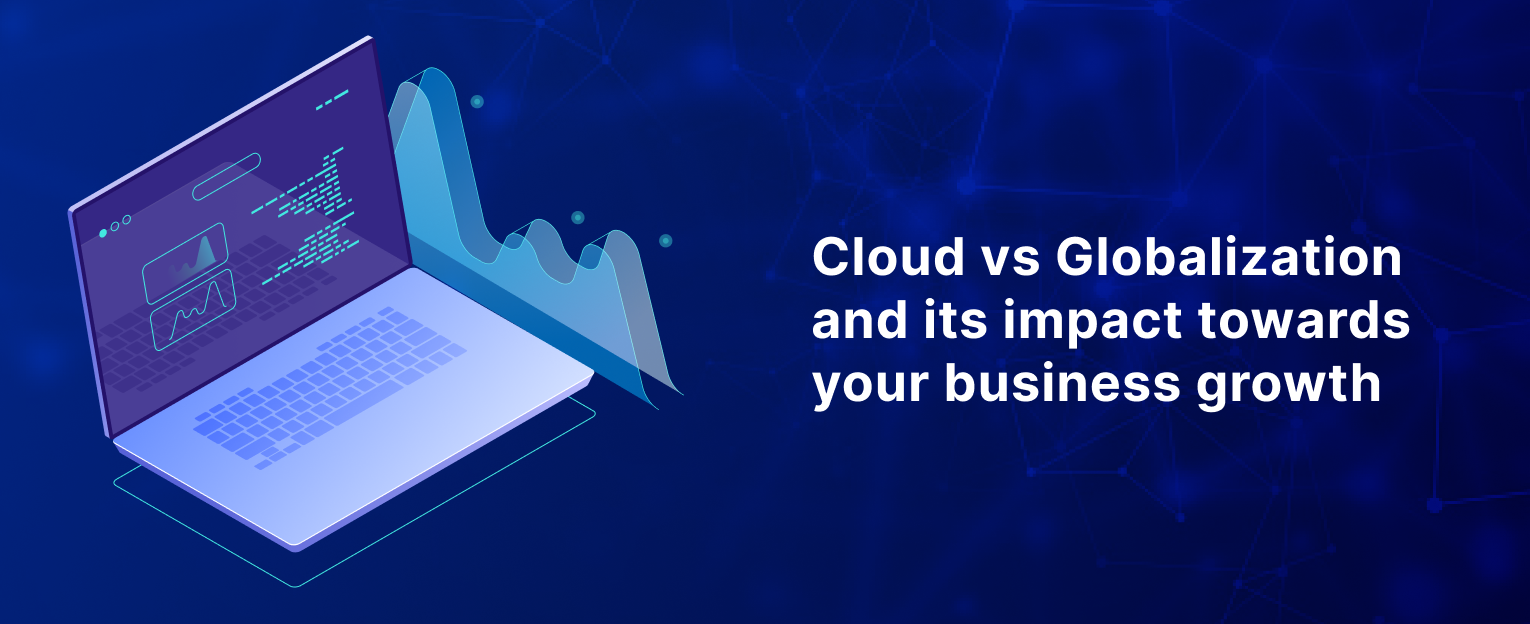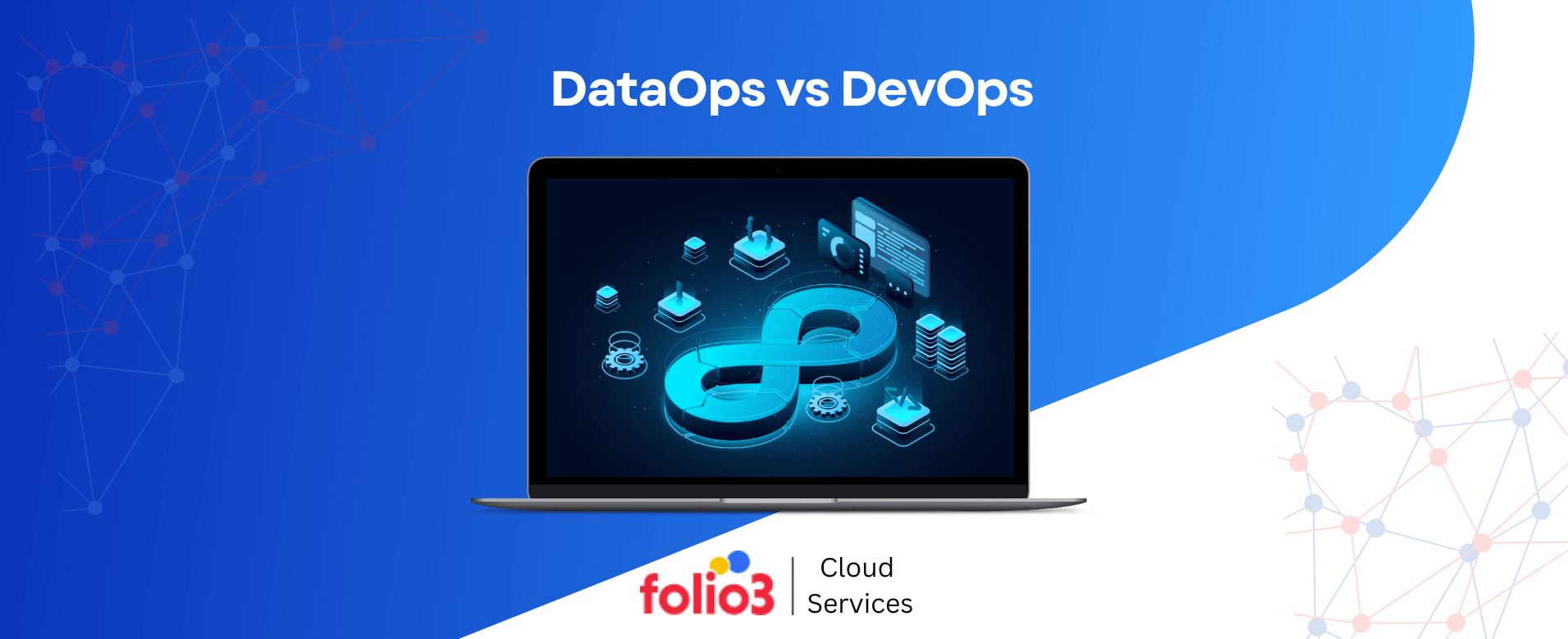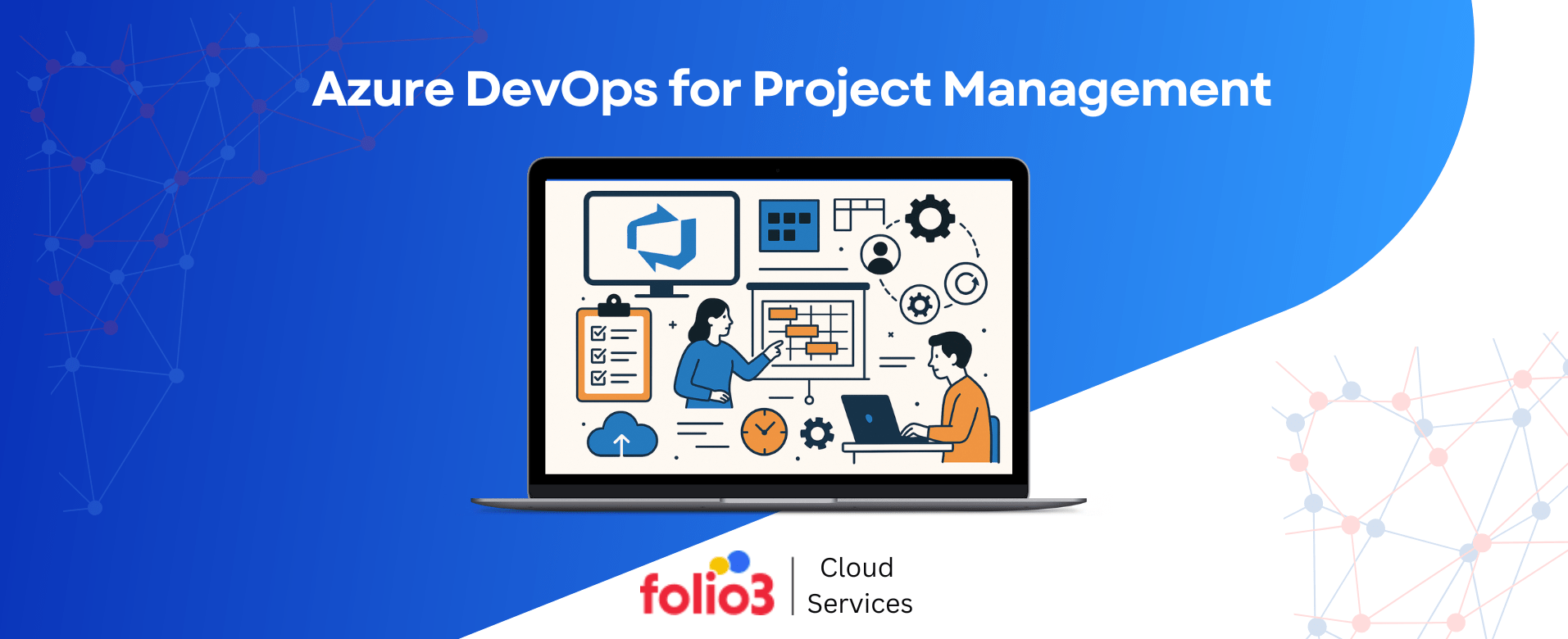Geographical barriers have always hampered trade and industry. Commerce between neighboring communities and states has existed since the earliest days of human history. We’ve come a long way from the earliest days of globalization, thanks to the proliferation of the internet and other technological advances in communication and collaboration.
This article will explain cloud vs globalization, what is cloud computing and its services and the impacts of globalization on your business growth.
- Nearly 44 percent of companies use cloud systems or storage for their business worldwide.
- Cloud enables the business to work remotely worldwide, and that also live due to its flexibility and speed.
- Cloud is very easy to scale as it only requires scaling of storage and CPUs, which can only take a few hours.
The cloud is the most promising infrastructure for truly globalized operations. Furthermore, Digital Asset Management (DAM) enables your company to collaborate on the same documents from different locations. Because of these shifts, remote work is now a viable option.
As the world continues to shrink, more and more forms of employment and business models will become feasible.
Drive Your Business Growth with Cloud Consulting
Take your business to new heights with our expert cloud consulting services. Embrace the power of the cloud and stay ahead in the era of globalization. Contact us today.
What Is Globalization?
The term “globalization” describes the worldwide distribution of information, knowledge, products, and services. Cloud commerce, the free flow of capital among countries, and easy access to foreign resources (including labor markets) are all hallmarks of a globalized economy, which the word is meant to define in the context of business.
The more the political, cultural, and economic interdependence of countries and areas, the more globalized the world is. The cloud has helped businesses grow internationally, hence increasing capital and relations.
The Globalization Nature Of Cloud Computing And Its Impacts On Global Commerce
What is cloud computing services?
The cloud computing industry is an example of globalization, with its hallmarks of specialization and cost-cutting.
Because of the economies of scale that come with standardization, service providers are increasingly moving toward the deployment models of cloud computing. On the other hand, a cloud consumer spends less on a service that is less customized but almost definitely quicker and of higher quality.
Though slower than anticipated a few months ago, the shift to the cloud will be gradual. The SaaS model has become universal in the software industry, while service providers and preferred interfaces for hardware makers are adopting cloud-provider models.
Instead of purchasing storage arrays, you can save money and time by using Infrastructure-as-a-Service (IaaS) for your computing and archiving needs. You should be an expert in handling this because it requires the ability to comprehend the data service (reports, SLAs, etc.) rather than control it (monitoring, system management).
One should prioritize investing in higher-margin services such as software as a service (SaaS) and business process as a service (BPaaS) because IaaS and PaaS are expected to become commodities in the near future, according to market intelligence assessments (BPaaS).
So, the nature of cloud computing equals globalization, and “Information Cloud Technology” is rising. It’s likely to cause disruptions, but these can be turned into opportunities with proper management and supervision.
Advantages Of Globalization For Business Growth
Many cloud computing providers have data centers located in various parts of the world to serve their international clientele better. Key advantages of this global structure are easy to see:
1. Cost Effective
Due to virtualization software and a worldwide shared IT infrastructure, cost savings were admitted. Businesses no longer need to invest in and keep up with extensive building infrastructure. According to reports, businesses that switched to the cloud had annual cost savings of about 21% (WM Warehouse Management, 2015).
2. Reduced It Management
Since the cloud service provider, who may be located in a foreign nation, is responsible for the system’s back end, businesses using cloud computing don’t have to worry too much about IT management, regardless of whether they utilize software or a platform, or infrastructure.
3. High Accessibility And Availability
Cloud computing’s global architecture means that several data centers worldwide can guarantee the accessibility and availability of crucial corporate data at all times. Access to critical data by relevant parties is also made possible by the interconnected nature of the global infrastructure. This capability is particularly important for live commerce, where real-time transactions, inventory updates, and customer interactions must remain uninterrupted to ensure seamless shopping experiences.
Data, for instance, could be cached on a server physically close to a significant client base to improve their performance.
Several different types of businesses have rapidly adopted cloud computing because of its many advantages, including its accessibility from anywhere in the world, its ease of use, and its scalability. The revenue of the cloud platform and infrastructure industry is expected to increase by 20% between 2015 and 2018.
Challenges Related To Globalization For Business Growth
No one can deny the worldwide problems created by cloud computing despite its rapid expansion and use. It can be broken down into three basic categories where the problems originate.
Technological and Physical Infrastructure Management
The primary concern is the management of technological and physical infrastructure. A handful of U.S.-based corporations exert an unusually strong influence over cloud computing standards and offerings.
Synergy Research Group (2016) found that in 2015, the top five cloud computing providers were Amazon, Microsoft, IBM, Google, and Salesforce, with a combined market share of 55.5%. Businesses in other nations, like Alibaba of China, are racing to catch up (Team, 2016), although they still need to catch up regarding market share.
The following globalization concerns may arise for customers of cloud services in other nations due to the power they exert over underlying technologies and services:
- Considering the political climate, government agencies may be hesitant to adopt cloud services due to fears about protecting sensitive national data.
- A small group of corporations based in a handful of countries may use their superior technical knowledge to set the market price for their services. For example, cloud services could have been developed according to the norms and customs of a single country, which might be different from the customs and practices of other countries.
- The language barrier may also be an impediment. For instance, users in non-English-speaking countries may need help with language problems when utilizing cloud services from an English-speaking country.
Archiving The Data
The second sphere has to do with archiving information. A common component of the cloud’s infrastructure, data centers, can be found worldwide. The following are some areas in which you may have issues or concerns about this globally distributed data storage structure:
- How safe is my company’s sensitive data? What if a hacker gets their hands on all of the information?
- Can I access my data, and what happens if a natural disaster destroys the data center?
- Can we assume that the cloud is virus-free? Is my service provider taking adequate precautions to keep my system running smoothly?
- I am concerned about the privacy of my information; thus, I would like to know what laws safeguard my data in the country where it is physically held. What kind of security does it offer, and will it be enough to keep my information safe?
Transfer Of Information
The third challenge is associated with the transfer of information. Since the majority of cloud services are delivered through the internet, it is necessary for customers to send their information to remote servers. To that end, a customer may raise the following queries:
- Can I rest assured that my information is being transmitted safely?
- Could my information be intercepted in the middle of transmission?
- Is there a backup plan in case communication with my country is lost?
These challenges are genuine, and people’s worries about globalization are legitimate. When taken together, they could slow cloud computing’s expansion and businesses’ embrace of the technology.
Investigating these potential problem areas and developing ICT solutions to prevent or mitigate their potential effects is a viable course of action.
Conclusion
Concerning data networks, cloud vs globalization has helped businesses grow. After all, the cloud has been making steady advancements in key networking areas like capacity, availability, and latency.
With cloud service development, businesses can eliminate the need for expensive and resource-intensive hardware updates and capacity expansions. Because of the cloud’s increased transparency and unique security characteristics, it is also easier to safeguard communication within the network.
It may take some time for businesses to move their networks to the cloud, although cloud migration is currently widespread in enterprises. However, when your company next re-evaluates its networking strategy, remember the cloud’s one-of-a-kind benefits.
FAQs:What Are The 3 Types Of Cloud Computing?
Cloud computing refers to the practice of providing hosted services online. Cloud computing services can be broken down into three distinct groups: infrastructure as a service (IaaS), platform as a service (PaaS), and software as a service (SaaS) (SaaS).
What Is Replacing The Cloud?
Edge computing is expected to play a major role in the future of cloud computing. This is because edge systems are more adaptable and capable of handling complex workloads. In addition to expanding more quickly, they have easier access to more resources.
What Are The Examples Of Globalization In Business?
Cloud-based services examples of economic globalization include the North American Free Trade Agreement and the Trans-Pacific Partnership free trade accords. Businesses operating in more than one country contribute significantly to economic globalization.
How Is The Cloud Changing The World?
The flexibility and scalability afforded by cloud computing help organizations speed up the pace of innovation, increase their agility, streamline their operations, and cut overhead costs. This will not only help businesses in weathering the current economic storm but may also contribute to enhanced, long-term expansion.
What Are The Three 3 Major Advantages Of Cloud Computing?
- Virtualization that works quickly and efficiently.
- Offer you reasonably priced access to the software.
- Provides top-notch protection for your digital belongings.














